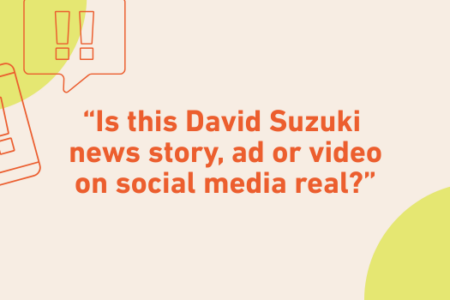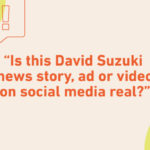Column: Remembering the foundation and source of all we have
In my youth, I worked as a carpenter for eight years, helping build houses in London, Ontario, as a framer for my uncles’ company, Suzuki Brothers Construction. A framer constructs the foundation and skeleton of a house. I would build the forms for the footings and foundation, mix and pour the concrete and, after the concrete was set, tear the forms off. We would put up the floor joists and rough flooring, then build the walls with openings for doors and windows. The ceiling joists would come next, then the rafters and sheeting over that.
Electrical wiring and plumbing would be installed after I was done, and then the plasterers and roofers would cover it all up. Once the windows and doors were hung, trimmers would add the fine details.
Painters then put on the finishing touches, and there would be no observable evidence of the work I and so many others after me had put in. Of course, at any time, modifications could be made (builders hate tearing apart their own work to make changes) and later shingles, siding and even new walls or doors could be added and repainting done inside or out. But the house was still held up and formed by all of the invisible work. That can’t be changed without major upheaval.
I was always proud of the houses that resulted from my time and effort even though there was absolutely no evidence of my work. I felt like the janitor cleaning the floors at Interface, the largest carpet tile company in the world. It was founded by former David Suzuki Foundation board member Ray Anderson, who died in 2011.
Ray was committed to making his company truly sustainable. When a television crew, doing a story on Ray and Interface, asked the janitor what his job was, he replied, “I’m helping the company climb Mount Sustainability.” He wasn’t kidding. He knew the goal of the company and was proud to be part of it, just as I’ve always felt pride in the houses I helped construct.
I like to tell this story because that’s basically our situation on planet Earth. NASA has pointed out that if we reduced the planet to the size of a basketball, the biosphere — the zone of air, water and land within which all life exists — would be as thin as a layer of plastic wrap. Within that fine planetary skin, air, water, soil and sunlight captured by plants are the very foundations of life itself. Life not only flourishes on these basic elements, all life also helps to cleanse, recycle and generate them.
Like the framing of a house or the janitorial cleanup of a company, the role of these life-support systems, which we call “nature,” has become invisible to most of humanity.
Ceremony practiced by Indigenous and traditional people is how we have constantly informed ourselves of the real underpinnings of our lives and wellbeing. In ceremony, we constantly recommit ourselves to “act in a good way” to ensure nature’s continuing abundance and generosity. We must reinculcate those practices.
We’re the only species that is fully aware of the foundation of our existence, but very recently in our evolutionary history, we have elaborated systems to shape, guide and constrain human activity while ignoring the framework that keeps us alive and healthy: air, water, soil, photosynthesis and biodiversity.
We simply take the foundation of our lives for granted. I think this is the problem we face. Human numbers and industrial growth have become so great that we are undermining the basis of our existence. We must rediscover those important things that are constantly acknowledged in Indigenous ceremonies. When they give thanks to their Creator, they promise to act in a good way to ensure that nature will continue to be generous.
On sitting down for a meal, everyone in my family raises hands and says “Itadakimasu,” a Japanese expression that means “I will gratefully receive.” The simple phrase expresses gratitude and respect for the effort involved in getting the food to the table, from the farmers and cooks to the ingredients from nature — something we should feel every time we turn on a light, flush the toilet or put out the garbage.
David Suzuki is a scientist, broadcaster, author and co-founder of the David Suzuki Foundation.
Learn more at davidsuzuki.org.
























